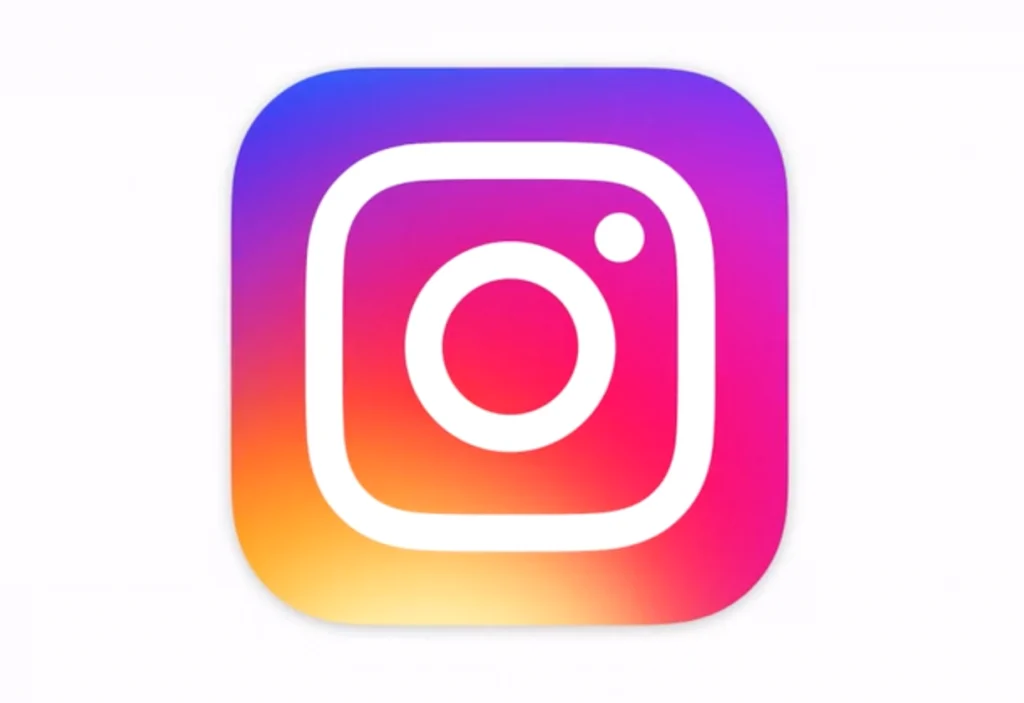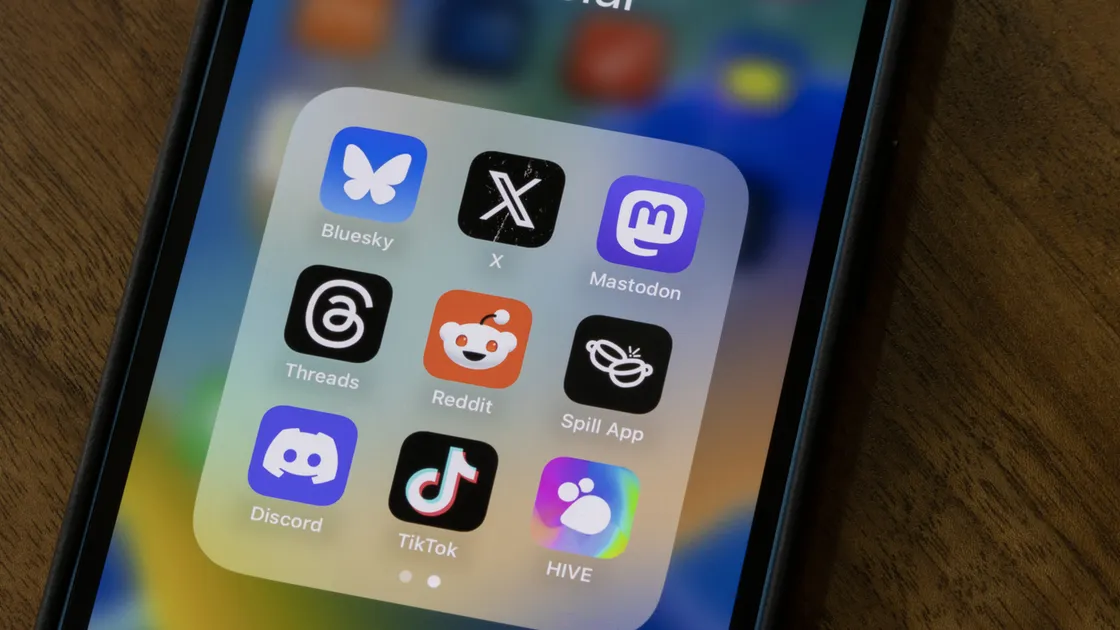Influencer Marketing in Japan

- 1. 1.What is Influencer Marketing
- 1-1. Cultural Influence
- 1-2. High Social Media Engagement
- 1-3. Trust and Credibility
- 1-4. Targeted Audience Reach
- 1-5. Influence on Purchasing Decisions
- 1-6. Cultural Sensitivity and Local Expertise
- 1-7. Brand Awareness and Market Penetration
- 2. 2.The Landscape of Influencer Marketing in Japan
- 2-1. “Tarento” (TV personalities)
- 2-2. Musicians
- 2-3. Social media influencers
- 2-4. Models
- 3. 3.Popular social media platforms in Japan
- 3-1. LINE
- 3-2. X
- 3-3. Instagram
- 3-4. YouTube
- 3-5. Facebook
- 3-6. TikTok
- 4. 4.Key influencer categories
- 4-1. Fashionistas and Style Influencers
- 4-2. Travel and Lifestyle Influencers
- 4-3. Food and Culinary Influencers
- 4-4. Technology and Gaming Influencers
- 5. 5.Influencer Tiers in Japan
- 5-1. Macro-Influencers
- 5-2. Micro-Influencers
- 5-3. Nano-Influencers
- 6. 6.Trends in Influencer Marketing in Japan
Influencer marketing in Japan is a popular and successful method for brands to reach their target demographic. Because Japan is a distinct market with distinct cultural nuances, it’s critical to comprehend how influencer marketing functions in the country.
Here’s an introduction to influencer marketing in Japan.
- What is Influencer Marketing
- The Landscape of Influencer Marketing in Japan
- Popular social media platforms in Japan
- Key influencer categories
- Influencer Tiers in Japan
- Trends in Influencer Marketing in Japan
- Case Studies of Successful Campaigns of Influencer Marketing in Japan
- Conclusion
Influencer Marketing is a type of marketing strategy that focuses on using influential individuals (influencers) to promote products or services to a specific target audience. These influencers typically have a dedicated and engaged following on various social media platforms such as Instagram, YouTube, TikTok, Twitter, or blogs.
The primary goal of influencer marketing is to leverage the credibility, authority, and reach of these influencers to create authentic and genuine connections with their audience, thereby influencing their purchasing decisions or behaviors. Influencers are often perceived as experts or trendsetters in their respective niches or industries, and their recommendations or endorsements can carry significant weight with their followers.
Influencer marketing holds significant importance in Japan due to several key reasons.
Cultural Influence
Influencers in Japan hold significant sway over their followers due to the culture’s emphasis on respect, trust, and authority. Followers often value the opinions and recommendations of influencers, which makes influencer marketing a highly effective strategy.
High Social Media Engagement
Social media platforms like Instagram, Twitter, YouTube, and LINE are immensely popular in Japan. Influencers leverage these platforms to connect with their audience, resulting in high engagement rates, making influencer marketing a powerful tool for reaching and engaging Japanese consumers.
Trust and Credibility
Like in other regions, Japanese influencers often cultivate strong, genuine relationships with their followers. Their recommendations are trusted and seen as authentic, aiding brands in establishing trust and credibility among their target audience.
Targeted Audience Reach
Influencers in Japan cover a wide array of niches and industries, allowing brands to target specific demographics or niche markets effectively. From beauty and fashion to technology and gaming, influencers in Japan cover various areas of interest, enabling brands to reach their desired audience segments.
Influence on Purchasing Decisions
Japanese consumers often rely on influencers’ recommendations when making purchasing decisions. Their opinions about products or services greatly impact consumer choices, making influencer marketing an effective way to influence consumer behavior.
Cultural Sensitivity and Local Expertise
Working with local Japanese influencers provides brands with insights into cultural nuances, language preferences, and trends that resonate better with the Japanese audience. This understanding is crucial for creating relevant and culturally sensitive content.
Brand Awareness and Market Penetration
For both local and international brands entering the Japanese market, collaborating with Japanese influencers can significantly enhance brand awareness, expand market reach, and facilitate market penetration.
In summary, the effectiveness of influencer marketing in Japan stems from the high engagement of social media platforms, the trust and credibility established by influencers, and their influence over consumer behavior, making it a vital strategy for brands aiming to connect with Japanese consumers.
2.The Landscape of Influencer Marketing in Japan
From TV stars and models to social media influencers and virtual influencers, Japan’s influencer landscape is varied and comprises a wide spectrum of individuals. Here are some significant details about the landscape of influencer marketing in Japan.
“Tarento” (TV personalities)
TV celebrities, often known as “tarento”, are among the most well-liked influencers in Japan. These people frequently have a large following, and their followers regard them as reliable and credible. Brands can collaborate with “tarento” to increase credibility and trust among their target market and to present their goods in a more real-world setting.
Musicians
Japanese musicians have long been significant figures in the country’s culture, both inside the music business and in general. Many Japanese singers have large social media followings and use their platforms to promote brands and products, thus their influence goes beyond music.
Social media influencers
Instagram and YouTube are two of the most well-liked platforms in Japan for social media influencers. These influencers frequently have a specialized fan base and are quite powerful in their field of specialization. To reach a particular target demographic and market their products in a more genuine and relatable way, brands can collaborate with social media influencers.
Models
Models are popular social media influencers in Japan and often boast large followings. They are often seen as trendsetters and wield significant influence in the fashion and beauty industries. Brands may collaborate with models to showcase their products in visually appealing ways and leverage their sense of style and aesthetics.
3.Popular social media platforms in Japan
In Japan, several social media platforms are widely used, each catering to specific demographics and preferences. Some of the popular social media platforms in Japan include.
LINE

Over 95 million Japanese use the texting service LINE, which is well-liked in Japan. Users of LINE can place audio and video calls, and share messages, images, and videos. It is a perfect platform for influencer marketing in Japan because it also has a variety of activities including games, stickers, and shopping. Through various campaigns, such as LINE stamp campaigns, which let users send branded LINE stickers in their messages, brands can work with LINE influencers to promote their goods and services.
X

For breaking news and real-time updates, X is a well-liked site in Japan. It serves as a platform for journalists, legislators, and public figures. To reach a large audience and increase brand exposure, brands can collaborate with Twitter influencers. Influencers on Twitter can offer live updates and pictures from events to generate buzz and excitement for a business. X in Japan has the following number of users
- Number of active users: 245 million (September 2023)
- Number of monthly active accounts in Japan: over 45 million (October 2017)

Particularly among younger audiences, Instagram is becoming more popular in Japan. Instagram influencers are a crucial component of Japanese influencer marketing. Brands frequently utilize them to aesthetically enliven product displays and raise consumer awareness of their names. Instagram influencers in Japan work with a lot of fashion, beauty, and lifestyle brands to produce sponsored posts, stories, and reels. Instagram Japan has the following statistics
- Monthly active accounts (MAA): over 2 billion (as of October 2022)
- Number of monthly active accounts in Japan: 33 million (as of June 2019)
YouTube

Many Japanese producers have sizable fan bases on YouTube, which is another well-liked medium in Japan. Brands frequently engage YouTube influencers to provide sponsored content such as product reviews and tutorials. For instance, beauty companies frequently work with YouTube stars to provide cosmetics tutorials and product evaluations. YouTube has the following numbers
- Number of active users: over 2 billion (as of July 2022)
- Number of monthly YouTube users in Japan: 71.2 million or more (as of October 2023)

One reason for Facebook’s popularity in Japan is its user-friendly interface and its capability to connect with friends and family overseas. Many Japanese people use Facebook to keep in touch with friends and relatives living abroad. Additionally, Facebook is a popular platform for businesses to promote their products and services to a global audience. Currently, Facebook Japan’s statistics show…
- Monthly active users: 3.05 billion (as of September 2023)
- Daily active users: 2.09 billion (as of September 2023)
- Domestic monthly active users: 26 million (as of July 2019)
TikTok

TikTok is becoming more and more well-liked in Japan, especially among younger audiences. Brands frequently work with TikTok influencers to produce breezily produced videos that advertise goods or services. In Japan, a lot of firms use TikTok to develop viral campaigns like dancing challenges that spread awareness and engage a larger audience. TikTok has currently the following stats
- Number of active users in Japan: 17 million (August 2021)
- Overseas Monthly Active Users (MAU): over 1 billion (Sept. 2021)
These platforms cater to different user preferences, and their popularity varies among different age groups, interests, and communication styles in Japan. Understanding the unique features and user behavior on these platforms is essential for effective marketing and engagement strategies in the Japanese market.
4.Key influencer categories
In Japan, influencer marketing encompasses various categories of influencers who have gained prominence in different niches and industries. Here are some key influencer categories commonly observed in Japan
Fashionistas and Style Influencers
Individuals who share their fashion sense, styling tips, outfit ideas, and trends in clothing, accessories, and makeup.
In Japan, Instagram is the most popular medium for beauty and fashion influencers. As of January 2023, Instagram had more than 45 million users in Japan, according to Statista. Some of the notable beauty influencers in Japan are the following:
- Maria.Tani with 3.3 million followers on Instagram.
- Yukirin World with 584,000 subscribers on YouTube.
Travel and Lifestyle Influencers
Influencers who showcase travel experiences, adventures, destinations, and cultural experiences both within Japan and abroad.
In Japan, the two main channels for lifestyle and travel influencers are Instagram and YouTube. Because so many of these users follow travel and lifestyle influencers, it provides a useful platform for marketers to use influencer marketing. Some of the notable Travel and Lifestyle Influencers in Japan are the following:
- Bilingirl Chika with 1.5 million followers on YouTube.
- Suzukawa Ayako with 1 million followers on YouTube.
Food and Culinary Influencers
Influencers who focus on food reviews, culinary experiences, restaurant recommendations, cooking tips, and food-related content.
The two most popular social media channels in Japan for food and cookery influencers are Instagram and YouTube. In Japan, there are over 78.4 million YouTube subscribers, according to Statista. These networks are useful for brands looking to leverage influencer marketing because many consumers follow food and cooking influencers.
Some of the notable Food and Culinary Influencers in Japan are the following:
- Harumi Kurihara with 0.7 million followers on Instagram.
- Jun Yoshizuki with 5.31 million followers on YouTube.
Technology and Gaming Influencers
Individuals who share reviews, insights, and gameplay in the tech and gaming industry, covering gadgets, consoles, games, and tech trends.
Influencers in Japan are particularly active in the gaming and technology niches on websites like YouTube and Twitch.
Some of the notable Technology and Gaming Influencers in Japan are the following:
- HikakinGames with 5.95 million followers on YouTube.
- MasuoGames with 0.66 million followers on YouTube.
These categories represent diverse interests and passions within the influencer landscape in Japan. Influencers within these categories often cater to specific audiences, allowing brands to target niche markets effectively and authentically engage with their intended consumer segments.
5.Influencer Tiers in Japan
In Japan, influencers are often categorized into different tiers based on the size of their following, engagement rates, and the scope of their influence. Here are the typical tiers observed in influencer marketing:
Macro-Influencers
- Followers: Typically have a large following, often ranging from hundreds of thousands to millions of followers.
- Reach: High visibility and broad audience reach across various demographics or interests.
- Engagement: Although their engagement rates might be lower compared to smaller influencers, their broad reach makes them suitable for wide-scale campaigns.
Micro-Influencers
- Followers: Have a smaller but highly engaged following, often ranging from a few thousand to tens of thousands of followers.
- Engagement: High engagement rates due to a more focused and niche-specific audience.
- Niche Expertise: Known for expertise in specific niches or industries, allowing for targeted campaigns and authentic connections with followers.
Nano-Influencers
- Followers: Have a very modest following, typically ranging from a few hundred to a few thousand followers.
- Hyper-Local Influence: Often have a highly localized or specialized audience in a specific community or interest group.
- High Engagement: Despite a small following, they tend to have very high engagement rates and authentic interactions with their audience.
6.Trends in Influencer Marketing in Japan
As of my last update in early 2022, several trends were observed in influencer marketing in Japan. Keep in mind that trends in the digital landscape can evolve rapidly, but here are some prevailing trends at that time:
Emphasis on Micro-Influencers
Brands increasingly focused on collaborating with micro-influencers (those with smaller but highly engaged followings) to target specific niches and communities more effectively.
Authenticity and Genuine Connections
There was a growing emphasis on authentic and genuine content creation by influencers to foster stronger connections with their audiences, valuing quality over quantity in posts
Video Content Dominance
The Increased popularity of short-form video content, particularly on platforms like TikTok and Instagram Reels, leading to more influencer collaborations in video creation.
Long-term Partnerships
The growing popularity of short-form video content, especially on platforms like TikTok and Instagram Reels, has led to an increase in influencer collaborations in video creation.
Growth of TikTok
TikTok has significantly increased in popularity in Japan, especially among younger viewers. Brands may reach a larger audience and boost engagement rates by including TikTok in their initiatives in influencer marketing in Japan.
7.Case Studies of Successful Campaigns of Influencer Marketing in Japan
As of my last update in early 2023, several successful influencer marketing campaigns stood out in Japan, demonstrating effective strategies, creativity, and impactful collaborations. Here are a few notable case studies:
Shiseido x Influencers Campaign
Collaborated with beauty influencers and micro-influencers known for their skincare expertise to create content highlighting the natural ingredients and benefits of the products.
Increased product awareness among younger demographics, boosted engagement and drove sales for the WASO skincare line.
Airbnb x Okinawa Influencers Campaign
To promote regional tourism in Okinawa, Airbnb launched a campaign there in 2020. The campaign featured several local influencers who had stayed in Airbnb properties in Okinawa. These influencers shared their personal stories on various social media platforms, generating interest in the campaign. The promotion was highly successful; according to Airbnb, there has been a significant increase in bookings for accommodations in Okinawa.
hotice Provides Matching Support
At hotice, we connect international brands with carefully selected Japanese influencers to deliver impactful and risk-free campaigns.
We offer:
・Expert influencer matching by industry and objective
・Multilingual communication support
・Campaign planning and performance tracking
・Full legal and cultural compliance
hotice supports foreign companies entering the Japanese market with PR, using celebrities and influencers.
We have previous experience in selecting appropriate creators and PR strategies, so please contact us if you have any questions.

.png)






